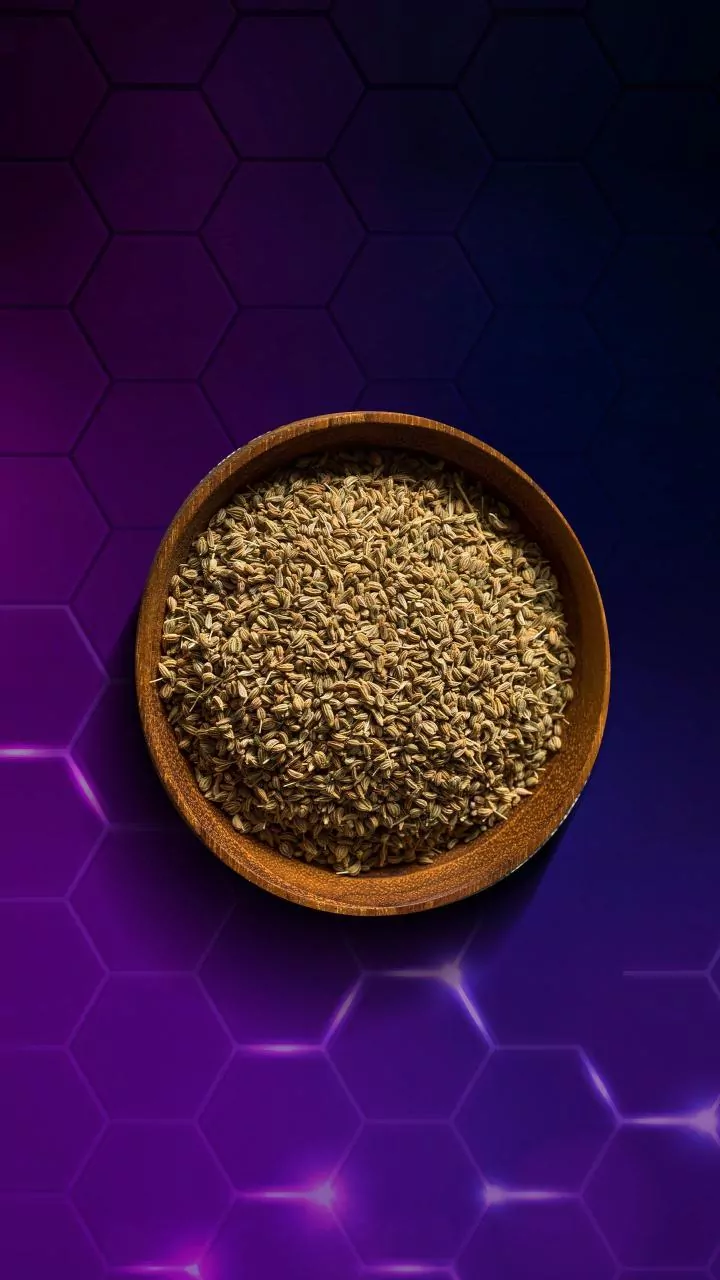Understanding Fatty Liver
Fatty liver disease, or hepatic steatosis, involves the accumulation of excess fat within the liver cells. This condition is often linked to factors like
obesity, excessive alcohol consumption, and certain dietary patterns. The build-up of fat impairs the liver's ability to function optimally, potentially leading to inflammation, scarring (cirrhosis), and liver failure if left unaddressed. Early detection and intervention through lifestyle modifications, including diet, are key. Identifying foods that can help the liver heal is a crucial step towards managing the condition and improving overall well-being, thus improving symptoms and preventing future issues. It's essential to understand how these vegetables work on a cellular level.
Leafy Greens Power
Leafy green vegetables, like spinach and kale, are nutritional powerhouses that can play a significant role in liver health. These greens are packed with antioxidants, which help combat oxidative stress and inflammation within the liver. They also contain compounds that aid in detoxification processes, assisting the liver in eliminating harmful substances. Incorporating leafy greens into meals can be done in various ways, such as adding them to salads, smoothies, or even lightly sautéing them as a side dish. The vitamins and minerals found in leafy greens contribute to overall health, supporting the liver in its vital functions and, hence, managing and improving overall well-being. Regularly consuming leafy greens can be a beneficial habit for those seeking to support their liver health naturally.
Cruciferous Veggies Benefits
Cruciferous vegetables such as broccoli, cauliflower, and Brussels sprouts are beneficial for liver health. These vegetables are rich in glucosinolates, which are converted into isothiocyanates in the body. Isothiocyanates help the liver detoxify harmful substances, including those associated with fatty liver disease. These vegetables also possess anti-inflammatory properties, further supporting liver function. Roasting, steaming, or lightly stir-frying these vegetables are versatile ways to incorporate them into your diet. Regular consumption of cruciferous vegetables has been associated with a reduced risk of liver damage and improved liver function. They contribute to the overall health of the liver by promoting detoxification and reducing inflammation, thereby easing the symptoms of the disease.
Garlic's Liver Support
Garlic, with its potent flavor and health benefits, can aid liver health. Garlic contains allicin, a compound with antioxidant and anti-inflammatory properties. These properties help protect liver cells from damage and reduce inflammation. Allicin can also assist the liver in detoxifying heavy metals and other harmful substances. Adding garlic to meals is a simple and effective way to harness its benefits. You can mince garlic into sauces, add it to stir-fries, or even take garlic supplements after consulting with a healthcare provider. Regular consumption of garlic can contribute to overall liver health and help in the management of fatty liver disease. Its potent properties aid in the detoxification and reduction of inflammation in the liver.
Beetroot's Detoxification Power
Beetroot is another beneficial vegetable for liver health due to its rich nutrient profile and detoxification properties. Beets contain betaine, which helps protect the liver from toxins and reduces fat accumulation. They also support liver detoxification pathways, assisting in the removal of harmful substances. Beetroot can be consumed in various ways, such as roasted, juiced, or added to salads. Its vibrant color and sweet flavor make it a versatile addition to meals. Regular consumption of beetroot can contribute to liver health by supporting detoxification, reducing fat accumulation, and promoting overall liver function. Adding beetroot to your diet can be a tasty and health-conscious decision.



















